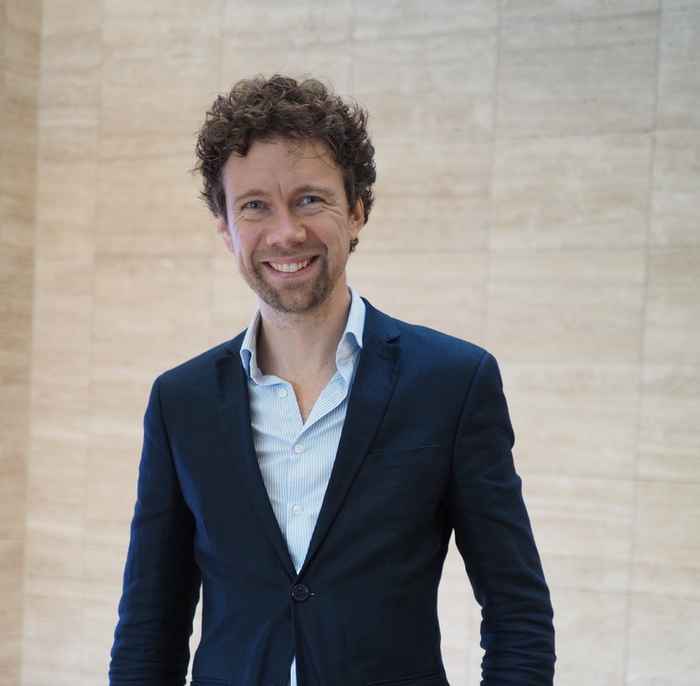Wim Noorduin wins prestigious NWO Stairway to Impact Award
29 November 2024

Noorduin, a group leader at AMOLF and professor at the University of Amsterdam’s Van ‘t Hoff Institute for Molecular Sciences (HIMS), receives the prize for developing a lead detection test and starting the company Lumetallix. The award includes a €50,000 grant to further these impactful efforts. Noorduin will receive the prize in January at the NWO Physics conference in Veldhoven.
Addressing a critical public health issue
Noorduin and his then PhD student Lukas Helmbrecht found the detection method when looking for ways to improve perovskite solar cells. They realized that the light-emitting properties of this material could help visualize lead atoms. Hence, a wonderful opportunity arose to contribute to the worldwide problem of lead poisoning.
Recognizing the potential impact of his discovery, Noorduin, alongside group members such as Helmbrecht, embarked on a journey that ultimately led to the creation of a start-up company, Lumetallix. In partnership with the non-profit environmental health organization PureEarth, Lumetallix now distributes test kits to countries where they are most needed, addressing a critical public health issue.
Application in forensics
The jury commended Noorduin on his remarkable achievements. In their report, they stated:
“The committee is highly impressed by Professor Noorduin’s efforts to actively seek diverse applications for the lead test, thereby pursuing various avenues of societal impact. Not only does Professor Noorduin demonstrate its clear potential in the fields of health and environment, but he is also exploring applications in forensics. The committee applauds his collaboration with the police.”
The latter refers to a recent development where Noorduin aims to develop the lead detection method into a forensic tool. For this he collaborates, among others, with HIMS professor Arian van Asten and PhD students Kendra Adelberg and Arno van der Weijden. The idea is to detect the traces of lead that are left in the surrounding environment when a pistol is fired. This is now further explored with forensic experts and the police.